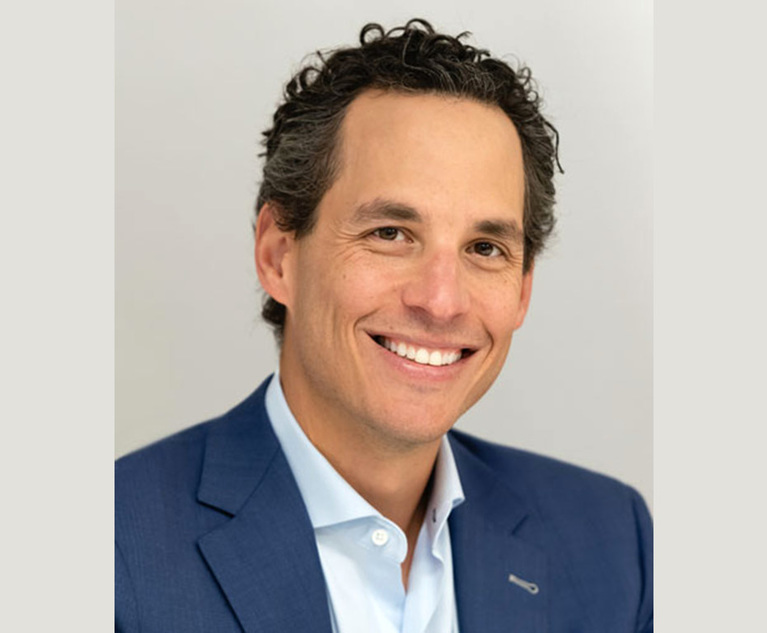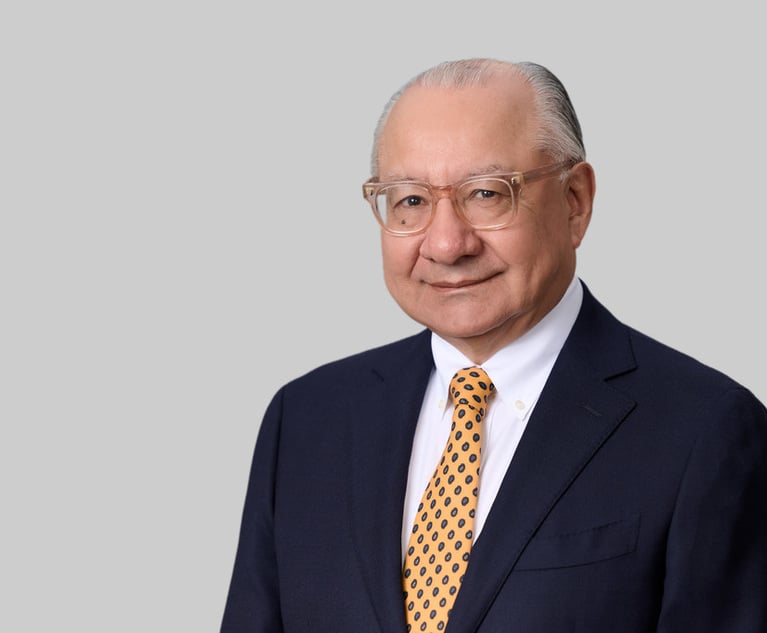Blue chip companies are fronting the money for private equity funds to buy their unwanted assets, smoothing the way for sales in an increasingly difficult dealmaking environment.
Emerson Electric Co. kicked off the trend in October, loaning money for Blackstone Inc.’s takeover of its $14 billion climate technologies unit. Last month, major Swedish landlord SBB offered cheap financing to a newly-formed joint venture with Brookfield Asset Management Inc. that will absorb its roughly $4 billion education portfolio.
Dealmakers are dusting off their playbooks from the global financial crisis, devising creative ways to get transactions completed as traditional financing sources dry up. Buyers are finding it more difficult to get credit at affordable rates from major Wall Street banks, and the direct lenders filling the gap aren’t always able to keep up with demand.
That’s led companies pursuing divestments to leverage their balance sheets to get deals across the line. Their lower capital costs mean they can offer buyers a rate that’s much cheaper than the alternatives, and even make a bit of money off the interest. While the loans usually don’t equal the whole purchase price, having them in place makes it easier to line up the rest of the funding.
“Today, it has become important to address the financing part of a transaction even before you kick off an M&A process,” said Guillermo Baygual, co-head of mergers and acquisitions in Europe, the Middle East and Africa at JPMorgan Chase & Co., which advised SBB on the Brookfield deal. “If you have a clear funding plan, it becomes easier to sell an asset.”
At least three senior bankers said they’re working on deals for next year where the financing is in part being partly arranged by the company selling the asset. That could help unclog a big pipeline of corporate carve-outs that’s stalled due to difficulties raising financing for all but the smallest deals.
Novartis AG is considering sales of noncore assets including an ophthalmology unit that could fetch about $5 billion, while Nokia Oyj is weighing a divestment of its managed services arm, Bloomberg News has reported. Meanwhile, Fresenius SE’s new chief executive officer said he’ll rigorously review its sprawling portfolio after activist investor Elliott Investment Management acquired a stake in the company.
Other buyers are finding equally inventive ways to finance acquisitions in this tough market, which has seen overall dealmaking volumes fall 30% to $3.4 trillion.
Primary-care provider VillageMD received $2.25 billion of credit facilities from its majority shareholder, Walgreens Boots Alliance Inc., to help fund its takeover of Warburg Pincus-backed medical network Summit Health-CityMD announced last month. Chart Industries Inc. is creating a whole new class of preference shares to fund its $4.4 billion purchase of Scottish engineering firm Howden Group Ltd.
U.S. credit markets are improving, and Europe’s should follow suit at some point next year, according to Baygual. That could lead to increased activity from private equity firms.
“Buyout funds are constantly on a timer,” Baygual said. “They have assets to sell and capital to deploy.”
Dinesh Nair reports for Bloomberg News.
NOT FOR REPRINT
© 2024 ALM Global, LLC, All Rights Reserved. Request academic re-use from www.copyright.com. All other uses, submit a request to [email protected]. For more information visit Asset & Logo Licensing.


 Credit: ShutterstockProfessional/Shutterstock.com
Credit: ShutterstockProfessional/Shutterstock.com




